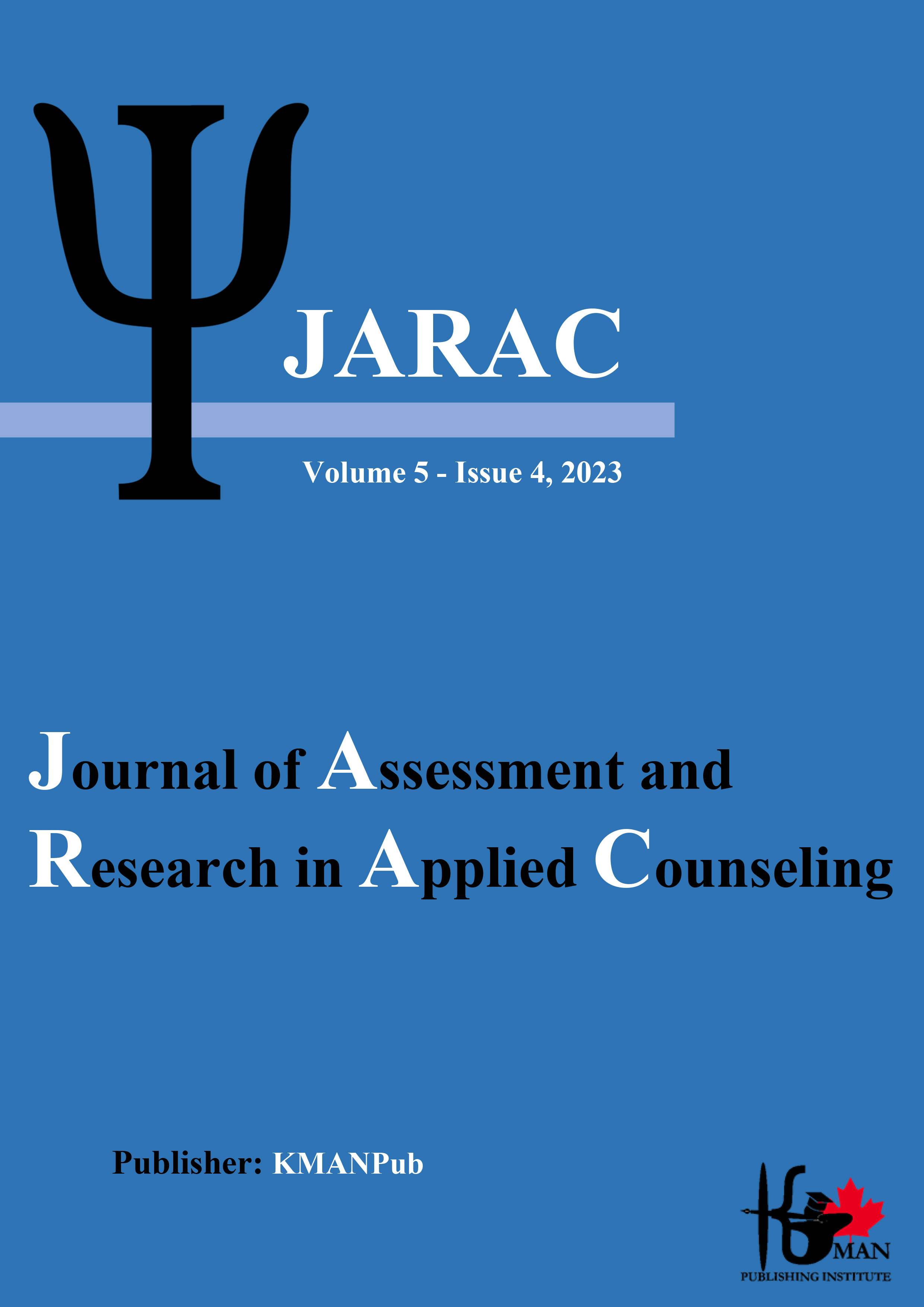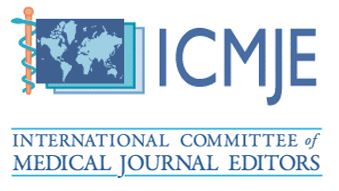Presenting an Emotional Intelligence Model Based on the Psychological Characteristics of AJA Employees
Keywords:
Emotional Intelligence, Psychological Characteristics, AJA EmployeesAbstract
Objective: The objective of this study is to present a model of emotional intelligence (EI) based on the psychological characteristics of employees of the Army of the Islamic Republic of Iran (AJA).
Methodology: This qualitative research employed semi-structured interviews to collect data from AJA employees. A purposive sampling method was used to select participants who could provide diverse perspectives on EI. The sample size was determined 25 individuals by theoretical saturation. The interviews were transcribed and analyzed using NVivo software, following a thematic analysis approach to identify key themes and subthemes related to EI.
Findings: The analysis revealed three main themes: emotional awareness, interpersonal skills, and adaptability and stress management. Emotional awareness included subcategories such as self-awareness, social awareness, and emotional regulation. Interpersonal skills encompassed communication, conflict resolution, and relationship management. Adaptability and stress management covered flexibility, resilience, and work-life balance. These themes highlighted the critical role of EI in managing stress, improving teamwork, and enhancing leadership effectiveness. The findings align with previous studies, emphasizing the importance of EI in various professional settings, from education and healthcare to construction and manufacturing.
Conclusion: This study provides a comprehensive model of emotional intelligence tailored to the psychological characteristics of AJA employees. The results underscore the multifaceted nature of EI and its significant impact on professional performance and well-being. Practical recommendations include implementing targeted EI training programs, fostering supportive work environments, and integrating EI assessments in recruitment processes.
Downloads
Downloads
Additional Files
Published
Issue
Section
License
Copyright (c) 2023 Javad Eshagy, Mahdi Pouya (Author); Hamzeh Alimoradi (Corresponding Author)

This work is licensed under a Creative Commons Attribution-NonCommercial 4.0 International License.







































